
It’s a popular all-around SEO platform that has been around since 2011, and it’s deservedly called one of the best solutions out there, thanks to its versatility and efficiency.
Ahrefs lets you:
- conduct comprehensive keyword research;
- perform in-depth competitor analysis;
- keep track of your backlink profile;
- compare your website’s performance due to historical data;
- audit technical aspects of your website.
Yet, it’s not a panacea. If you are looking for a working SEO tool, you must know that plenty of Ahrefs alternatives are no worse. All you need is to find the right option that suits you, and we are here to help!
How Do You Choose The Best Alternatives To Ahrefs Among SEO Tools?

While looking for a replacement for a trending tool like Ahrefs, you must focus on numerous quality indicators to pick a worthy alternative. Namely, we recommend to keep in mind the following factors to distinguish the best Ahrefs competitors:
- Features and Functionality
- Data Accuracy
- Ease of use
- Pricing
- Reputation (aka users’ reviews)
These are the primary qualities distinguishing a reliable SEO tool from a poor one. Yet, there is no one-size-fits-all formula for picking the right solution because, eventually, each factor should align with your unique long-term and short-term objectives.
Top 10 Ahrefs Alternatives To Try In 2024

We meticulously assessed the available options to comprehensively compare each and help identify the best Ahrefs alternatives for 2024. Let’s see what options are there!
SE Ranking – Best Out Of All Alternatives
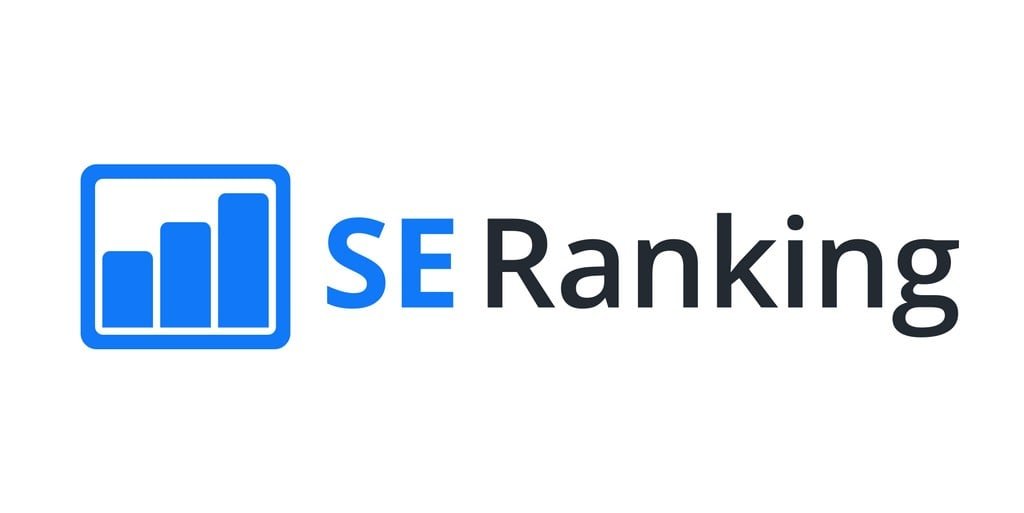
Key Features
SE Ranking is a comprehensive SEO suite for agencies and in-house teams. It covers all significant tasks that SEO pros handle every day. And it does so with precision and accuracy due to vast datasets and AI-powered algorithms.
The key features include:
- 100% accurate Keyword Rank Tracker that provides daily updates on your website rankings;
- Comprehensive SEO analyzer that identifies the tiniest flaws in your strategy;
- Robust set of tools for keyword research and clustering;
- Powerful Website Audit and On-Pages SEO Checker tools to optimize your websites and pages for better performance;
- Top-notch Content Marketing Module with built-in AI Writer and Plagiarism Checker;
- Use the convenient Backlink Monitor & Checker to keep track of your essential backlinks and identify link-building opportunities.
SE Ranking allows you to create from 10 to unlimited projects to serve multiple clients and includes 1-5 manager seats in its subscriptions. In addition, you can buy extra seats at a much lower price than with Ahrefs ($20/month per extra seat compared to up to $50/month per extra seat with Ahrefs).
Regarding agency needs, SE Ranking offers unlimited reporting, Lead Generator, and White Label, which aren’t available in Ahrefs.
Compared to Ahrefs, SE Ranking offers a more excellent selection of tools at a much more reasonable price. It also stays ahead by following trends and introducing new solutions that can level up your strategies.
Apart from its fair price, accuracy, and a broad selection of features, SE Ranking takes the first spot on our list thanks to its flawless reputation. Trusted review sites rank it very high based on customer testimonials. Namely, G2 gives it a 4.8/5 rating (based on 1,000+ reviews), Capterra rates it with 4.8 stars (276 reviews), and users of TrustRadius rated it with 8.9/10.
Pricing
SE Ranking offers three user packs – Essential, Pro, and Business. Prices vary from $44 to $191.20 per month, depending on the scope of features you need. And there is a 20% saving opportunity if you select annual billing. In addition, there’s a special Agency Pack available at $50 per month with annual Pro and Business subscriptions.
Mangools – Best For Beginners
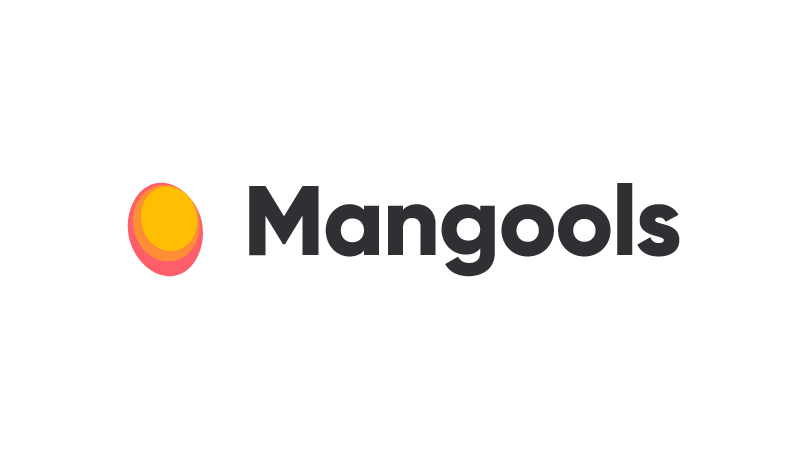
Key Features
Mangools offers users five crucial SEO tools for keyword research, rank tracking, SERP analysis, backlink analysis, and metrics tracking. Additionally, the platform provides a SERP Simulator, SERP Volatility Checker, and a convenient browser extension.
The list of tools might not be as extensive as that offered by Ahrefs or SE Ranking. Yet, Mangools drives users with its intuitiveness. The platform is perfect for beginners because all its features are easy to use. And it also offers a wealth of free learning materials that can help beginners to get started with SEO and experts to hone their skills and keep up with trends.
User Reviews
Mangools has fewer reviews compared to our top pick – SE Ranking. Still, its rating is also high. Based on feedback from 62 people, the platform receives 4.6/5 stars on G2. It also boasts 4.7 stars on Capterra and a high 4.8-star rating on Trustpilot.
Pricing
The pricing for the Mangools subscription is reasonable. The monthly rates range from $29 to $129, and there is a generous 35% discount for users who choose annual plans.
Semrush – Best For Accurate Keyword Research

Key Features
Semrush boasts one of the most extensive catalogues of tools for SEO, market research, advertising, content, and social media. It gives you over 55 tools and reports for various marketing tasks.
The top SEO features include:
- Keyword research;
- On-page optimization;
- Local optimization;
- Rank tracking;
- Backlink checker, and more.
The biggest highlight of this platform is its accuracy. According to expert and user reports, Semrush offers more accurate data than Ahrefs. The platform collects and analyzes results pages for 500+ million keywords, helping you tap into the most promising keywords for your strategies.
User Reviews
Semrush is ranked with 4.5 stars out of 5 on G2 based on 1,899 reviews. It also has a rating of 4.2 stars based on 556 reviews on Trustpilot and a score of 8.6/10 on TrustRadius.
Pricing
Semrush has three paid plans that cost $129.95, $249.95, and $499.95 monthly. The rates are relatively high compared to other Ahrefs alternatives, and we have to note that there are also many extra charges for additional users, features, and credits.
Ubersuggest – Best Cheap Solution

Key Features
Ubersuggest gives you access to a site audit, keyword research, rank tracking, and backlink analysis tool. Additionally, there are some more features for keeping your rankings high.
The platform only boasts a variety of advanced tools like Ahrefs and other options on this list. However, it has all the basics you need to rank your site high, and it’s 70% cheaper than alternatives! Or even 90% cheaper if you buy lifetime access.
User Reviews
Compared to other Ahrefs alternatives, Ubersuggest has a good reputation but can’t boast stellar reviews and ratings. Capterra gives the platform 4.4 stars out of 5, G2 rates it with 4.2 stars, and Trustpilot awards the platform with 4.6 stars based on 274 reviews.
Pricing
The cost for paid packages depends on the number of sites you want to analyze – €25/mo for one site, £49/mo for 2-7 websites, or £99/mo for 8-15 sites, which is pretty pocket-friendly. You can also use a seven-day free trial if you need to try it. Best part? – You can purchase lifelong access to the platform for only £290-£990.
Moz Pro – Best For Site Audit

Key Features
Like Ahrefs, Moz Pro gives you access to all essential SEO tools for success, including a keyword explorer, rank tracker, on-page optimizer, backlink checker, and custom report builder. Yet, the biggest highlight of this platform is its site audit feature.
Moz Pro stands out from the pack by letting you analyze your websites deeply and identify all kinds of mistakes, including tech issues. Compared to Ahrefs, Moz Pro allows you to analyze your site more intuitively and even see the priority level of every issue to know what to focus on in the first place.
User Reviews
Moz Pro receives 4.4 stars on G2 based on 453 reviews and 4.5 stars on Capterra based on 345 reviews. The platform’s rating on TrustRadius is 8.1 out of 10.
Pricing
Moz Pro is available in four paid plans, costing $79/mo to $479/mo. And there is a 30% discount for annual billing.
Spyfu – Best For Analyzing Competitors
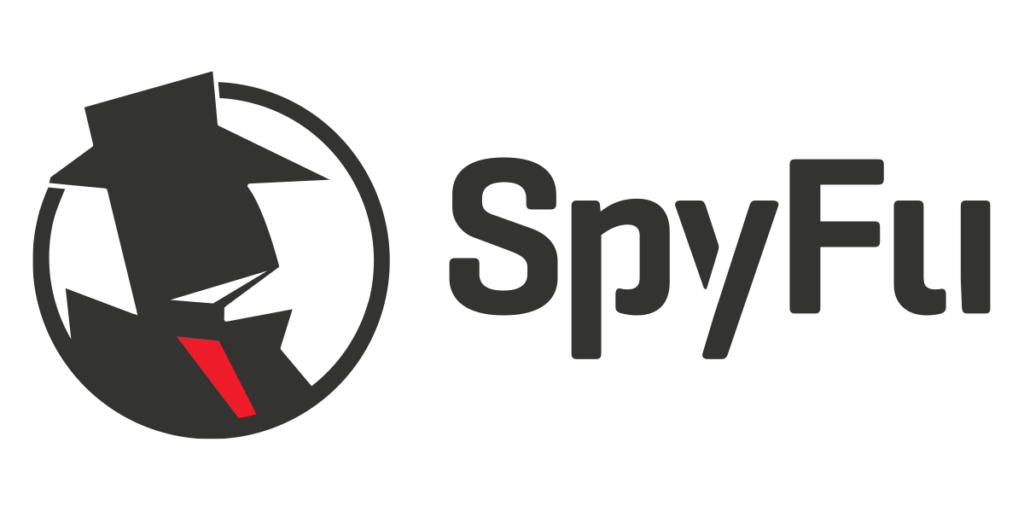
Key Features
The features of Spyfu include SERP analysis, rank tracking, domain comparison, keyword research, backlink checker, and competitor analysis.
Although Ahrefs also has a competitor analysis feature, Spyfu goes the extra mile. Apart from giving you general insights into your competitors’ SEO strategies, the platform can analyze their bidding history in Google Ads and suggest promising keywords you are not buying yet.
User Reviews
Spyfu has a 4.5-star rating on Capterra and a 4.4-star rating on G2. TrustRadius rates this platform with eight stars out of 10.
Pricing
Spyfu has two paid plans – Basic ($39/mo) and Professional ($79/mo). There is a discount for annual billing, and currently, there is a limited-time offer that lets you purchase paid plans for $9 or $49 instead.
Majestic – Comprehensive Backlink Analysis Capabilities
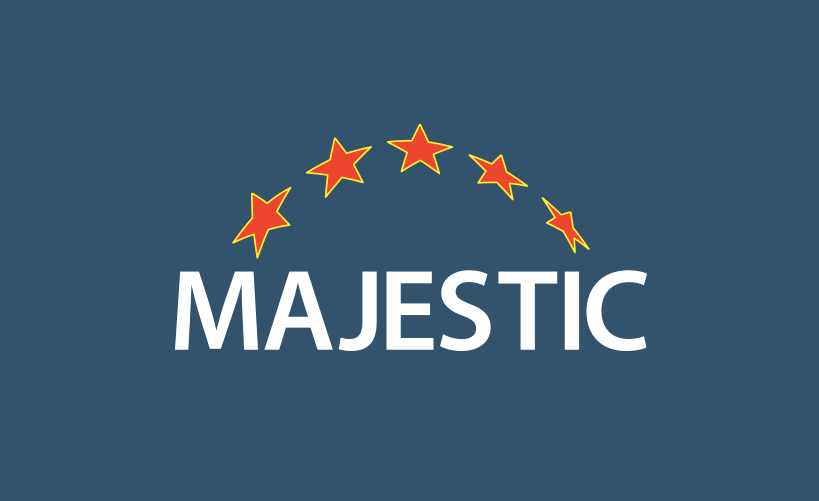
Key Features
- Backlink Analysis: Majestic provides extensive backlink analysis, allowing users to analyse the link profile of any website. It offers metrics to assess the quality and quantity of backlinks.
- Trust Flow and Citation Flow Metrics: These proprietary metrics help users evaluate the trustworthiness and authority of websites based on their link profiles.
- Site Explorer Tool: Majestic’s Site Explorer tool allows users to delve into any website or URL’s link profile, anchor text, and referring domains.
- Competitive Analysis: Users can compare their website’s link profile with competitors to identify strengths, weaknesses, and opportunities for improvement.
User Reviews
Majestic is prominent on our list for its fair pricing, accuracy, comprehensive feature set, and impeccable reputation. Trusted review sites consistently rank Majestic highly based on customer testimonials. For instance, G2 rates it with an impressive 4.7/5 rating, aggregated from over 200 reviews. Capterra awards Majestic with a stellar 4.7-star rating based on feedback from 150 users, while TrustRadius users commend Majestic with a remarkable 9.1/10 rating. These glowing reviews underscore Majestic’s reliability and effectiveness in backlink analysis and SEO tools.
Pricing
Majestic offers several pricing plans to cater to different user needs:
- Lite Plan: Suitable for individuals and small businesses, priced at $49.99 monthly.
- Pro Plan: Designed for SEO professionals and agencies, priced at $99.99 monthly.
- API Plans: Tailored for developers and enterprises requiring API access to Majestic’s data and priced at $399.99 monthly.
Each plan includes access to Majestic’s comprehensive backlink database, Site Explorer tool, and Trust Flow/Citation Flow metrics.
Rank Ranger – Accuracy In Rank Tracking And Keyword Analysis
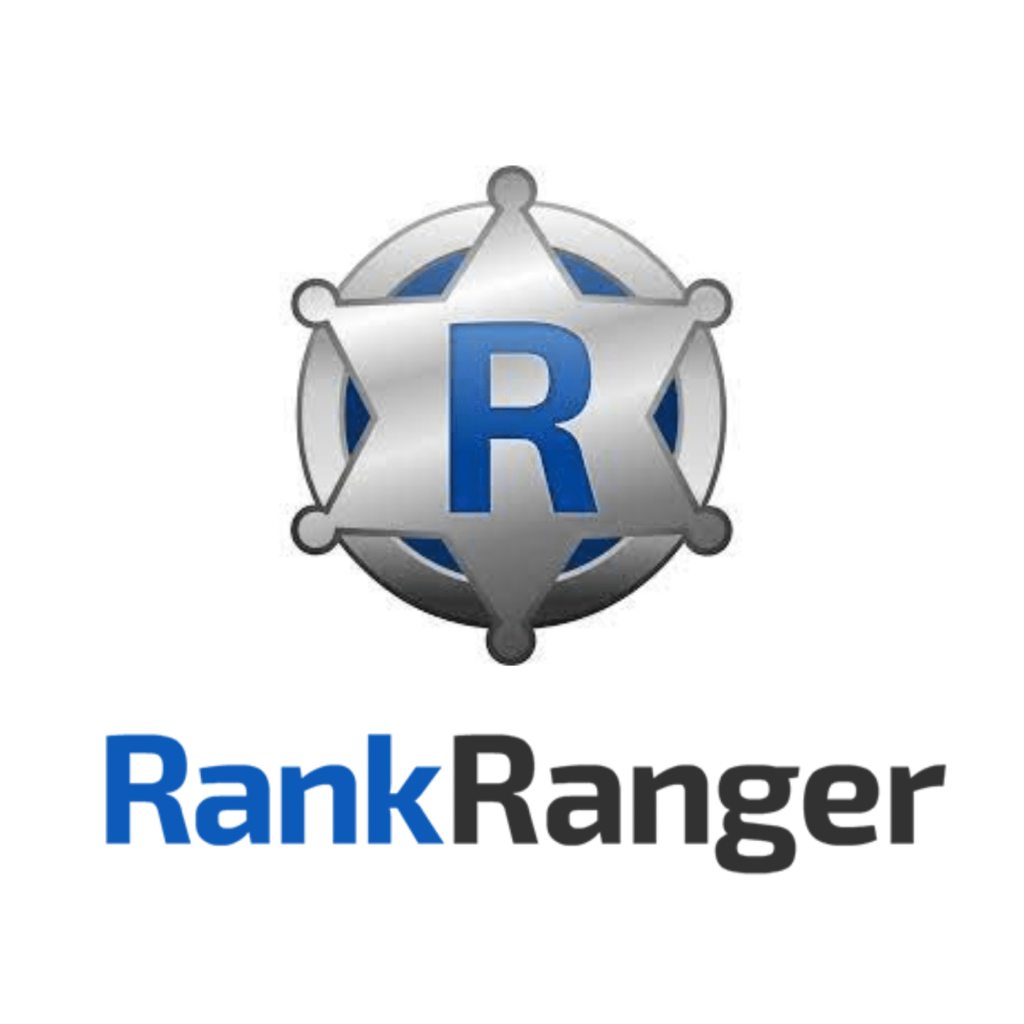
Key Features
Rank Ranger is a comprehensive SEO (Search Engine Optimization) and digital marketing platform providing a range of features to assist businesses in improving their online visibility and rankings. Some key features of Rank Ranger include:
- Rank Tracking: Monitor your website’s keyword rankings on search engines like Google, Bing, and Yahoo across multiple geographic locations.
- Website Analytics: Analyze website traffic, visitor behaviour, and metrics for engagement to assess the efficiency of your digital marketing efforts.
- Backlink Analysis: Identify potential link-building opportunities and monitor changes in your backlink profile over time.
- Keyword Research: Discover new keywords and assess their search volume, competition level, and potential for ranking improvement.
- Competitor Analysis: Compare your website’s performance against competitors regarding keyword rankings, backlink profiles, and overall SEO strategies.
- Site Audits: Identify technical issues, on-page optimisation opportunities, and other factors that may be impacting your website’s search engine rankings.
- Social Media Monitoring: Track relevant keywords on social media platforms and monitor engagement metrics.
User Reviews
Rank Ranger has garnered high praise from users and review sites—G2 rates Rank Ranger with an outstanding 4.7/5 rating based on over 100 reviews. Additionally, Capterra gives Rank Ranger 4.6 stars from 50+ reviews. Users on TrustRadius also speak highly of Rank Ranger, granting it a commendable rating of 8.5/10.
Pricing
Rank Ranger is available in four paid plans: LITE ($79/month), STANDARD $149/month, PRO $699/month, and PREMIUM $2,700/month. You can also request a price as per your plan.
Raven Tools – Comprehensive Reporting Capabilities
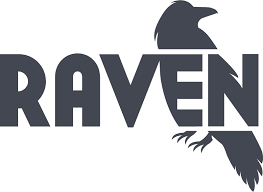
Key Features
Raven Tools is a comprehensive suite of online marketing tools designed to help digital marketers manage and analyse their campaigns effectively. Some key features of Raven Tools include:
- Website Auditor: Helps identify technical issues and opportunities for improvement on websites, including SEO issues, broken links, and page load times.
- Keyword Rank Tracking: Monitors keyword rankings across different search engines and provides insights into performance trends.
- Backlink Analysis: Allows users to analyse backlinks to their websites, identify potential toxic links, and track link-building efforts.
- Competitor Research: Provides insights into competitors’ SEO strategies, keyword rankings, and backlink profiles.
- Social Media Management: Users can monitor social media activity, schedule posts, and track engagement metrics across multiple platforms.
- Content Management: Helps users plan, create, and optimise content for SEO and social media campaigns.
User Reviews
Raven Tools enjoys high praise from users and review platforms alike. G2 rates Raven Tools with an impressive 4.5/5 rating based on over 100 reviews, while Capterra awards it with 4.6 stars from 200+ reviews. Users on TrustRadius also express their satisfaction with Raven Tools, giving it a noteworthy rating of 8.5/10. These positive reviews underscore Raven Tools’ effectiveness in SEO auditing, backlink analysis, and reporting functionalities. It is a preferred choice for digital marketers seeking comprehensive SEO solutions.
Pricing
Rank Ranger is available in five paid plans: Small Biz ($39/month), Start $79/month, Grow $139/month, Thrive $249/month and Lead $399/month. There is a reduction of up to 30% on yearly billing.
Screaming Frog – Detailed Website Analysis Features
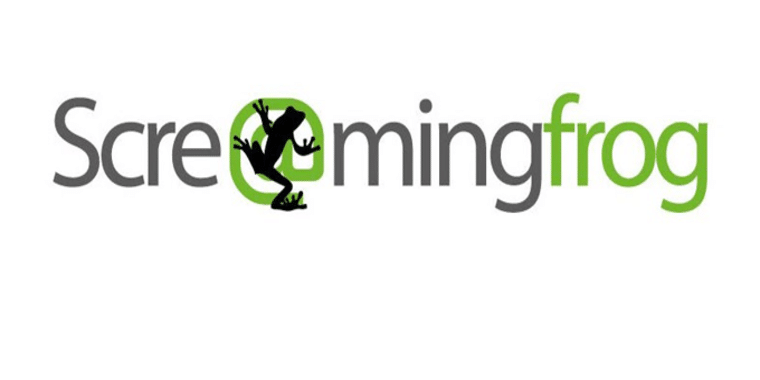
Key Features
Screaming Frog SEO Spider is a powerful website crawler tool used by SEO professionals and web admins to analyse and audit websites for various SEO factors. Some of its key features include:
- Website Crawling: The SEO Spider can crawl websites to discover and analyse elements such as URLs, page titles, meta descriptions, headings, images, and more.
- URL and Data Analysis: It provides detailed insights into URL structures, internal and external links, response codes, and other important data points related to website health and SEO performance.
- On-Page SEO Analysis: The tool can analyse on-page elements, including title tags, meta descriptions, headings, and HTML elements, to identify optimisation opportunities and issues.
- Integration with Other Tools: Screaming Frog can integrate with other SEO tools and platforms to provide comprehensive insights and analysis.
- Customisation and Configuration: Users can customise various settings and configurations to tailor the crawling and analysis process to their specific requirements.
User Reviews
Screaming Frog also enjoys a strong reputation among users and review platforms. G2 rates Screaming Frog with an impressive 4.7/5 rating based on over 100 reviews, while Capterra awards it with 4.6 stars from 200+ reviews. Users on Trust Radius also highly praise Screaming Frog, giving it a stellar rating of 9.0/10. These positive reviews underscore Screaming Frog’s reliability, extensive features, and ease of use, making it a preferred tool for website crawling and analysis among SEO professionals and marketers.
Pricing
Screaming Frog SEO Spider offers both a free and paid version:
- Free Version: The free version allows crawling up to 500 URLs per website and offers basic functionality for website analysis. It is suitable for small websites and limited SEO needs.
- Paid Version: The paid version offers unlimited crawling capabilities, advanced features, and priority support. The price per license is $259 per year.
Summary
Now you know more about the most significant alternatives to Ahrefs that are out there. Each of these solutions has been around for long enough to earn the love and trust of users and prove that they are no worse (and maybe even better) than the famous platform.
Use the insights we shared to find a solution that suits your needs and take your search engine optimization to the next level!
Thanks for reading 🙂








No Comments